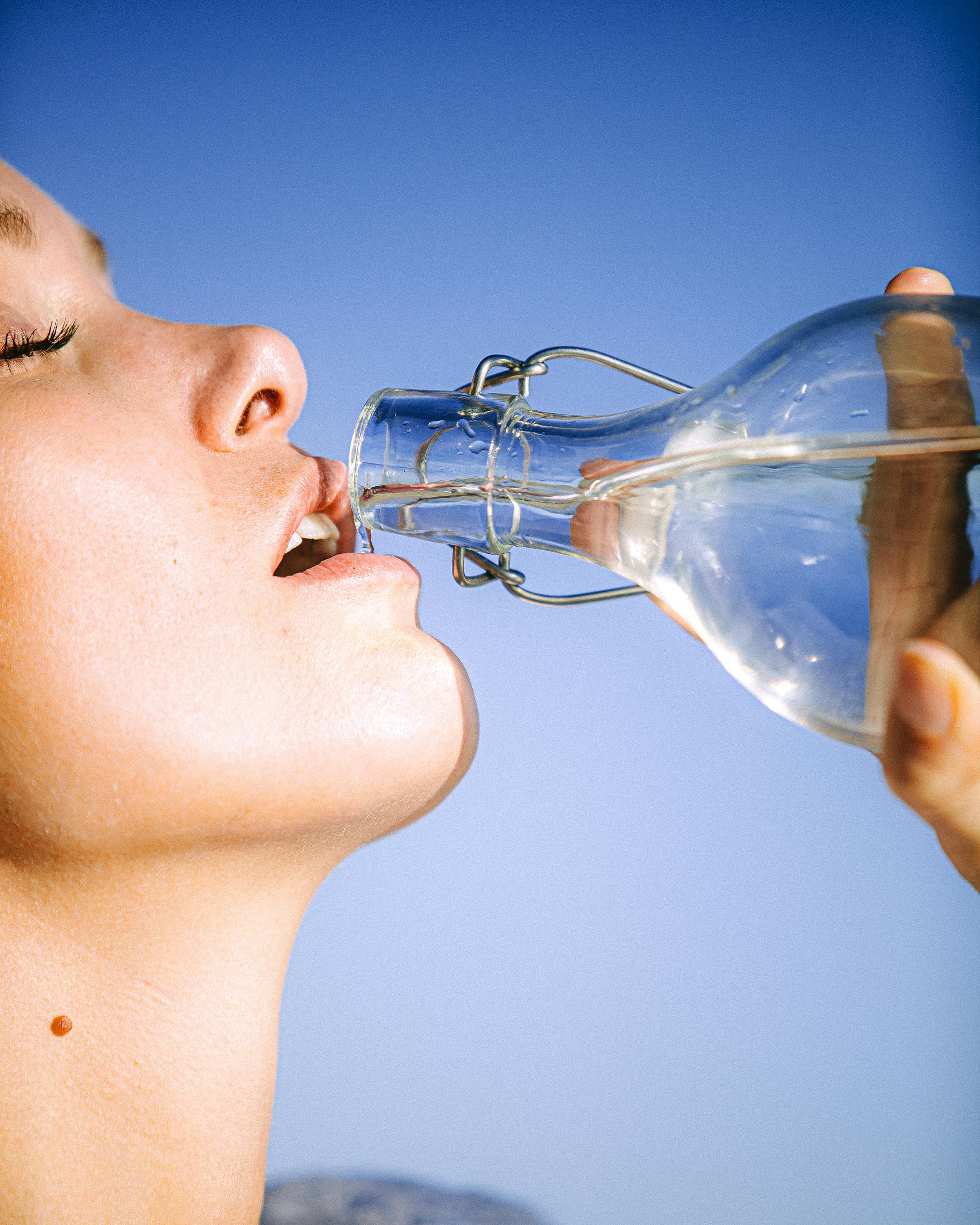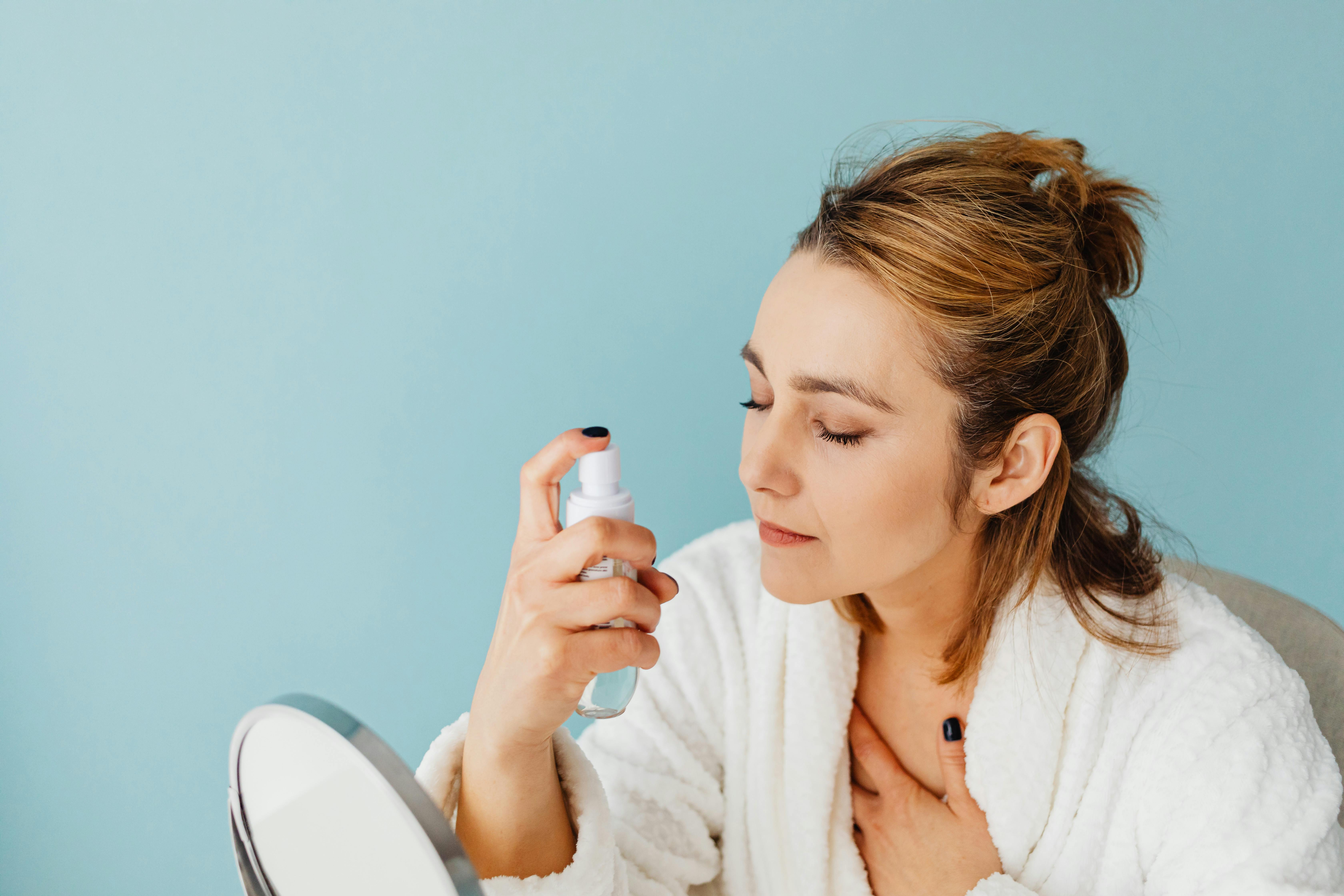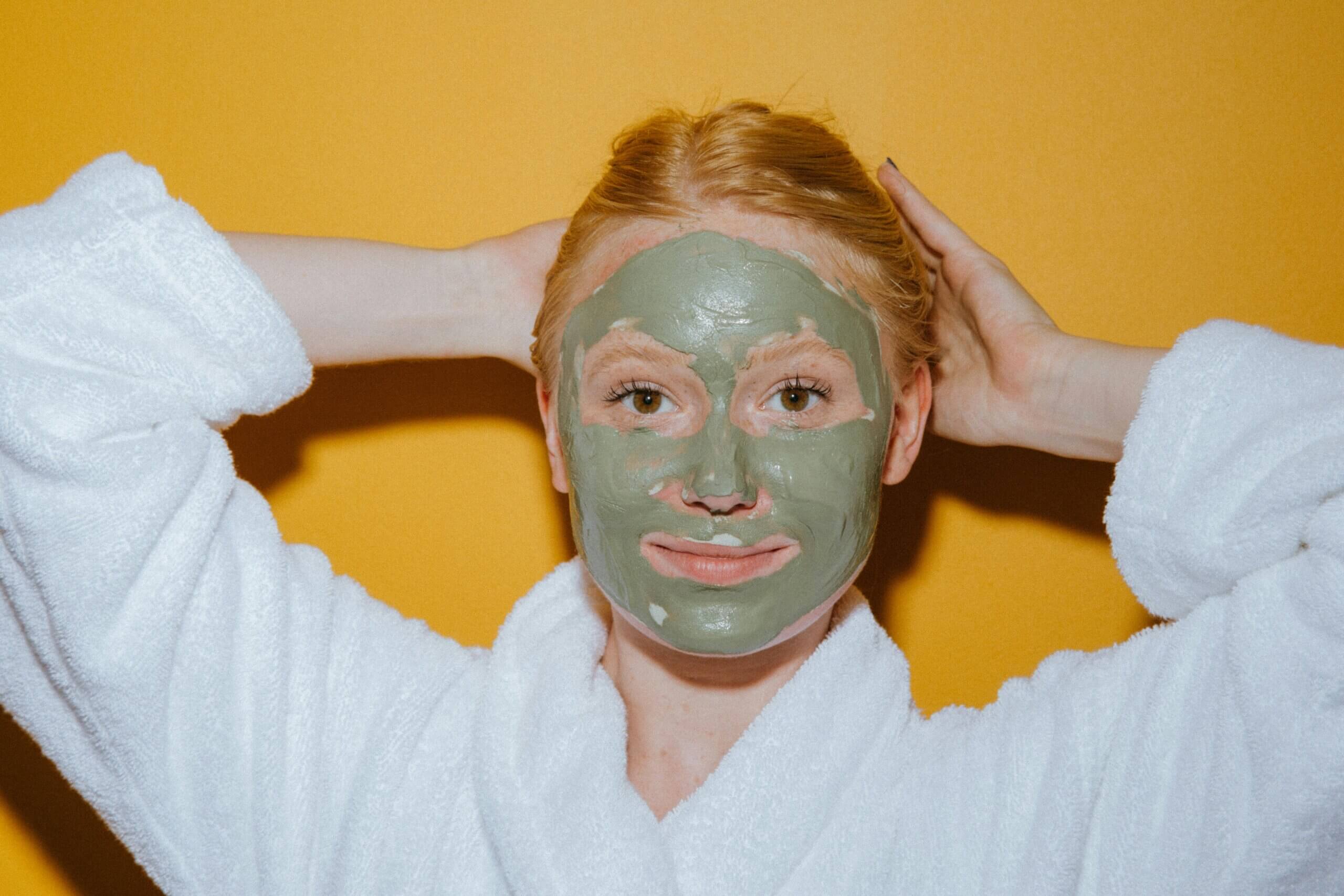The summer heat can significantly affect your skin, resulting in dryness, lack of hydration, and irritation.
High temperatures, excessive sweating, and sun exposure can deplete your skin’s natural moisture, causing it to appear dull and lifeless.
Keeping your skin well-hydrated is crucial for preserving its health, radiance, and elasticity.
In this article, we will delve into the best tips for hydration to ensure your skin stays moisturized and refreshed, even during the hottest days of summer.
What Causes Skin Dehydration in the Summer?
Before we jump into hydration tips, it’s essential to comprehend why the skin loses moisture during the summer months:
Increased Sweat Production: Sweating profusely can lead to dehydration, making your skin feel dry and irritated.
Sun Exposure: UV rays can damage the skin’s protective barrier, diminishing its ability to retain moisture.
Air Conditioning: Spending long periods in air-conditioned places can draw moisture away from the skin.
Insufficient Hydration: Not drinking enough water can result in dry, flaky, and lackluster skin.
Now, let’s explore the best methods to keep your skin hydrated and radiant in the heat.
Stay Hydrated with Water
One of the easiest and most efficient ways to maintain skin hydration is to drink sufficient amounts of water.
How Much Water Should You Consume?
Aim for a daily intake of 8–10 glasses (2–3 liters) of water.
Increase your water consumption if you are sweating a lot or spending extended time outdoors.
Hydration Enhancers:
Infuse water with lemon, cucumber, or mint for a refreshing twist.
Drink coconut water for natural electrolytes and hydration.

Opt for a Lightweight, Hydrating Moisturizer
Your winter moisturizer might be too heavy for the summer season, which could result in clogged pores and breakouts.
What Should You Look for in a Summer Moisturizer?
Choose lightweight, gel-based, or water-based formulas.
Hyaluronic acid is ideal for deep hydration without a greasy feel.
Aloe vera, glycerin, or vitamin E provide soothing and hydrating properties.
When Should You Use Moisturizer?
Immediately after washing your face to seal in moisture.
Apply morning and night for continuous hydration throughout the day.
Select a Hydrating Sunscreen
Sunscreen is vital to protect against sun damage and moisture loss.
What Are the Best Sunscreens for Hydration?
Look for SPF 30 or higher that includes hydrating ingredients like hyaluronic acid, ceramides, or glycerin.
Opt for a gel-based or lightweight formulation to prevent greasiness.
Reapply every 2–3 hours if you’re spending time outdoors.
Also check: Sunscreen myths you need to know
Incorporate Hydrating Face Mists
Face mists provide a quick way to refresh and moisturize your skin during the day.
What Are the Best Ingredients for Hydrating Face Mists?
Rose water: Calms and cools the skin.
Aloe vera mist: Hydrates and alleviates sunburn.
Cucumber mist: Refreshes and reduces puffiness.
Tip: Store your face mist in the refrigerator for an added cooling sensation!

Include Water-Rich Foods in Your Diet
Your nutrition plays a vital role in keeping your skin hydrated.
What Are the Best Hydrating Foods for Your Skin?
Cucumbers, watermelons, oranges, strawberries, and tomatoes (all have high water content).
Leafy greens (such as spinach and lettuce) provide skin-nourishing vitamins.
Avocados and nuts supply healthy fats that enhance skin hydration.
Steer Clear of Scalding Showers & Strong Soaps
Hot showers may strip your skin of its natural oils, leading to dryness and dehydration.
Hydrating Shower Suggestions:
Opt for lukewarm water instead of hot water.
Switch to a mild, hydrating body wash infused with aloe vera, shea butter, or coconut oil.
Gently pat your skin dry rather than vigorously rubbing it with a towel.
Utilize a Humidifier Indoors
If you often find yourself in air-conditioned spaces, a humidifier can help preserve moisture in the air and combat skin dryness.
Advantages of Using a Humidifier:
Prevents flaky, dry skin caused by air conditioning and heating.
Keeps your skin soft and hydrated throughout the day.
Tip: Set a bowl of water in your room as a natural substitute for a humidifier.
Use Aloe Vera Gel for Enhanced Hydration
Aloe vera serves as a natural moisturizer that offers deep hydration and a cooling sensation.
Ways to Use Aloe Vera for Moisturized Skin:
Apply pure aloe vera gel as a moisturizer or as an overnight mask.
Combine aloe vera with rose water for a quick hydrating facial mist.
Apply it to sun-exposed skin for soothing and moisture.
Limit Your Intake of Caffeine & Alcohol
Beverages like coffee and alcohol can lead to dehydrated skin, making it appear dull and fatigued.
Healthy Alternatives for Well-Hydrated Skin:
Replace coffee with green tea (loaded with antioxidants).
Substitute alcohol with fresh fruit juices or herbal teas.
If you do consume caffeine or alcohol, ensure you drink additional water to maintain hydration.
Incorporate Overnight Hydrating Masks
Overnight masks provide intensive hydration and repair your skin while you rest.
Top Overnight Hydration Masks:
Hyaluronic acid mask: Seals in moisture.
Honey and yogurt mask: Softens and nourishes parched skin.
Aloe vera and cucumber mask: Calms and hydrates irritated skin.
Use 2–3 times a week for optimal results.

Final Thoughts
Maintaining skin hydration during the summer is crucial for its glow, softness, and overall well-being.
By staying hydrated with ample water intake, using lightweight moisturizers, applying hydrating sunscreens, and including water-rich foods in your diet, you can defend your skin against dryness and dehydration.
With these hydration tips, your skin will remain refreshed, moisturized, and radiant all summer long!









